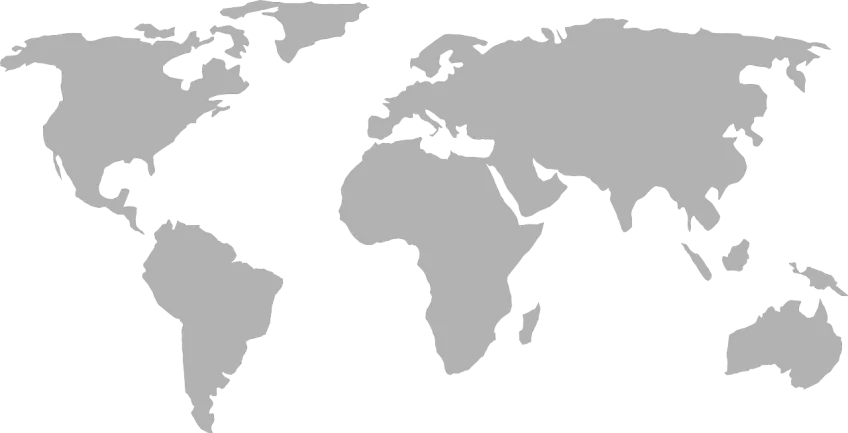About LUCSUS
Lund University Centre for Sustainability Studies (LUCSUS) is a world class sustainability centre for research, teaching and impact where we work to understand, explain, and catalyse social change and transformations in relation to material limits in the biosphere.
LUCSUS was established as an independent centre at Lund University in 2005, and belongs to the Faculty of Social Sciences since 2019. LUCSUS has a unique way of addressing complex sustainability issues from a critical and an integrated natural and social science perspective, and with a solutions-based approach. We believe that sustainability is a complex field – and best understood and explained through interdisciplinary research in close collaboration with society.
LUCSUS consists of a team of about 40 international researchers and teachers from a range of countries and academic backgrounds. Our unique international, interdisciplinary setting offers both researchers, master students and PhD candidates a vibrant learning and research environment which provides a forum for professional development in sustainability.
Research
At LUCSUS, we create theoretically innovative and empirically rigorous knowledge to understand and explain pressing sustainability challenges.
Our research takes an inter- and transdisciplinary approach and addresses social and environmental sustainability within five main research areas:
- Climate Change & Resilience
- Land Use, Governance and Development
- Urban Governance and Transformation
- Energy Justice and Sustainability of Energy Systems.
- Biodiversity and Natural Resource Management
Education
LUCSUS produces world-class education in sustainability science and equips change agents with tools for solving sustainability challenges.
LUCSUS offers education on masters level as well as doctoral studies, commissioned education and freestanding courses.
Master's programmes
2-year international Master's programme in Environmental Studies and Sustainability Science (LUMES). The programme focuses on sustainability challenges from a local to global level through combining both social and natural science perspectives. Since its start in 1997, more than 1000 students from more than 100 different countries have graduated from the programme.
Read more about the LUMES programme on the LUMES webpage
2-year international Master's programme in Climate Change and Society (LUCAS). The programme trains students to analyse and understand the causes and consequences of climate change and how these are rooted in social, economic, political, and cultural complexity. It opens for admissions for the first time in mid-October 2024.
Read more about the LUCAS programme
PhD programme
A PhD research programme with PhD graduates from different disciplinary backgrounds within the field of sustainability. The research undertaken by the PhD candidates is diverse, often focusing on comprehending and addressing sustainability challenges such as climate change, climate adaptation, biodiversity loss, and land use change.
Read more about PhD studies at LUCSUS
Freestanding courses
Courses in the areas of environmental studies, sustainability science, and Agenda 2030.
Read more about LUCSUS courses
Outreach and impact
Creating societal and environmental impacts beyond academia is at the very core of our work. At LUCSUS we work with policy, capacity building, and societal dialogue as pathways to make an impact for sustainable transformation - from a local to a global level.
Through extensive outreach and communication activities - in close collaboration with stakeholders, governments and non-governmental organisations, we work to advance the societal dialogue on sustainability.
Read more about how we work with impact and about our outreach activities
LUCSUS research and the UN Global Goals 2030
The research carried out at LUCSUS is in line with many of the Sustainable Development Goals (SDGs), especially those of gender equality, reduced inequalities, zero hunger, sanitation and clean water, sustainable cities and communities, life on land, and climate action. The centre itself has a long standing research expertise in the area of climate change resilience, urbanisation and land use, governance and development.
About LUCSUS
LUCSUS core values
- Our environment is Open, Collaborative, and Caring
- Our perspectives are Bold, Creative, and Critical
- We strive to Bridge Boundaries, Illuminate Possibilities, and Catalyse Change
- We act with Care, Integrity, Hope
LUCSUS is home to
- 45 researchers and teachers
- 100 master students
LUCSUS history
LUCSUS was established as an independent centre at Lund University in 2005.
Since 2019 the centre belongs to the Faculty of Social Sciences.
International networks
- 50+ partners from 25 countries
- 1000+ Alumni from 100 countries
Contact Us
Find contact information for LUCSUS leaderships and administration
Contact our Researchers
Find contact details and information about all our staff
Subscribe to our newsletter
Get the lastest news and events from LUCSUS directly to your inbox!

LUCSUS Annual Report 2023
Read about our development as a centre, and highlights within research, policy and impact during the year.

